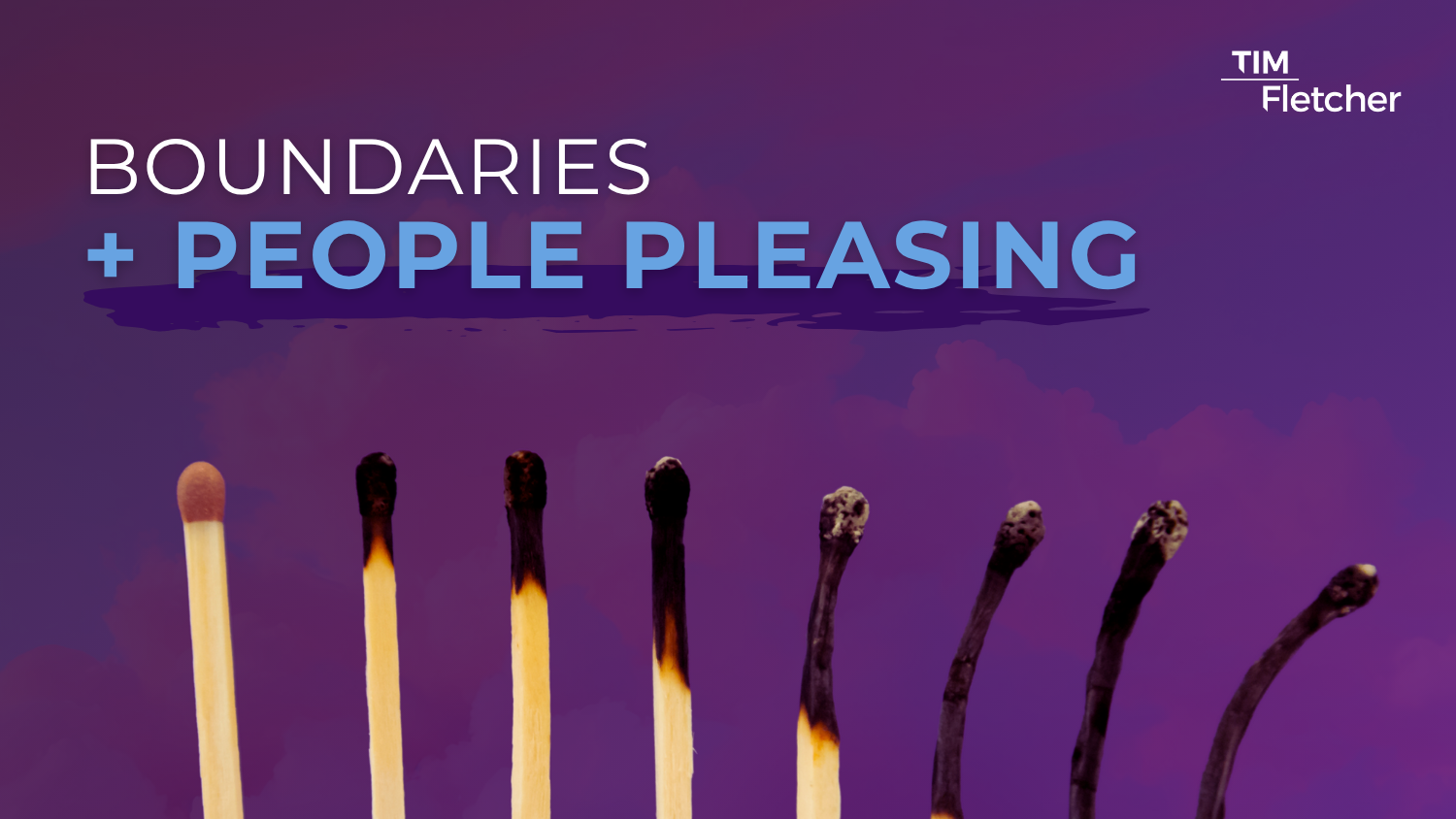Intrusive Thoughts and Complex Trauma—Understanding and Managing Them.
Intrusive thoughts are more common than many people realize. For those affected by complex trauma, these unbidden thoughts can feel particularly distressing. While intrusive thoughts are a normal part of being human, they can disrupt daily life, amplifying anxiety, fear, and shame—eventually becoming an obsession.
If you’ve ever struggled with intrusive thoughts, you’re not alone, and there is hope for understanding and managing them.
What Are Intrusive Thoughts?
Intrusive thoughts are uninvited, often unwelcome mental images or ideas. They might be aggressive, sexual, distressing, or tied to past mistakes. Importantly, they do not define who you are or reflect your true intentions. Instead, they often point to underlying anxiety, unresolved pain, or a hyperactive inner critic.
Research shows that 93% of people, including those without diagnosed mental health conditions, experience intrusive thoughts. However, for individuals recovering from complex trauma, these thoughts can feel especially consuming.
Common Types of Intrusive Thoughts
Here are some examples of intrusive thoughts you might recognize:
- Fear of germs or contamination.
- Worrying about loved ones getting hurt or dying.
- Impulsive thoughts of self-harm or harming others.
- Doubts about finishing tasks or making mistakes.
- Religious fears, such as displeasing God.
- Haunting memories of past mistakes or trauma.
- Unwanted sexual thoughts.
- Fears of forgetting something critical (e.g., “Did I turn off the stove?”).
While these thoughts may feel overwhelming, it’s important to remember: They are not a reflection of who you are.
Why Do Intrusive Thoughts Happen?
Intrusive thoughts often stem from emotional pain or unresolved experiences tied to complex trauma. Key contributors include:
- Profound fear or loneliness in childhood: When emotional needs go unmet, the brain may amplify fears in adulthood.
- Chronic stress: Heightened stress can trigger overactivity in the brain’s fear centers.
- Depression: Negative emotions often lead to intrusive thoughts as the mind tries to make sense of them.
- Gaslighting or bullying: These experiences undermine self-esteem and exacerbate self-critical thoughts.
- Religious scruples: Fear of divine judgment or not being “good enough.”
- Anxiety or other mental health challenges: Unprocessed emotions manifest as intrusive thoughts.
How the Brain Processes Intrusive Thoughts
The subconscious mind plays a major role in generating intrusive thoughts. It processes emotions, memories, and sensory information, often beyond your conscious awareness.
For instance, psychologist John Bargh’s research shows how subconscious cues influence behaviour. Just as subtle triggers can affect physical actions, unresolved trauma can prompt unbidden thoughts. Recognizing these as automatic processes rather than personal failings is a key step in managing them.
Triggers and the Brain's Response
Our brain processes incoming information from our environment through our five senses. This information is first sent to the brainstem via the vagus nerve, which acts as a bridge between the brain and body. If any of this information connects to a past memory or experience, it can trigger a response in the brain. These triggers often lead to intrusive thoughts.
The challenge here is that these messages come from the brainstem, which is part of our subconscious mind. They take about one second to reach the conscious brain. While this may seem like a brief moment, it can be enough for the mind to move on to other thoughts. As a result, it can be difficult to make the connection between the intrusive thought and the original trigger.
The Inner Critic: Voices of the Past
For many individuals who have experienced complex trauma, especially in childhood, there was a constant presence of critical voices — from parents, teachers, or others who were struggling with their own unresolved issues. These voices often became deeply ingrained as an internal "inner critic." The more intense the shame from past experiences, the stronger and more frequent these intrusive thoughts become.
Common intrusive thoughts from this inner critic may sound like:
"You will never be good enough."
"Everybody hates you."
"You’ll be rejected and abandoned."
"You’ll never be loved."
"Life would be better if you were dead."
These thoughts stem from deep, unresolved hurts and unmet emotional needs. They are not true reflections of who you are, but rather echoes of past pain.
The Stress Response: Child Brain and Simplistic Solutions
When someone is constantly under stress, such as in the demanding role of parenting from infancy through the teenage years, their limbic brain (often referred to as the "child brain") may begin to offer simplistic solutions or "easy fixes" to the overwhelming challenges. These thoughts might sound like:
"I want to run away and leave my husband and kids."
"I want to end my life."
"I wish I didn’t have kids."
These thoughts are not reflections of actual desires, but rather products of your brain's desperate search for relief from the overwhelming stress. The brain’s purpose is to protect you and ensure survival, but when it is in a state of constant pain or discontent, it may look for extreme solutions. Once it exhausts other options, the brain may present more drastic, irrational ideas to restore safety or joy.
Shame and Misunderstood Thoughts
Many individuals struggling with shame interpret these intrusive thoughts as evidence that they are "bad" people. However, this is not true. It’s important to understand that these thoughts are not who you are. They are simply the brain’s way of trying to cope with unresolved stress or pain. You have the power to dismiss these thoughts by saying, "That’s an odd thought, but it’s not relevant. I’m not interested in that solution."
Rumination vs. Intrusive Thoughts
While intrusive thoughts pop into your mind unexpectedly, rumination and obsessive thinking are different. Rumination involves overthinking and replaying the same thoughts over and over, seeking solutions but never finding a resolution. This process can leave you feeling stuck and overwhelmed by over-analysis, often paralyzing your ability to act.
Healing from Intrusive Thoughts and Complex Trauma
Recovering from intrusive thoughts often involves addressing their root causes through strategies that calm the nervous system and rewire the brain. Key approaches include:
- Mindfulness and breathwork: These techniques anchor you to the present moment.
- Somatic therapies: Help release trauma stored in the body.
- Sensory-based interventions: Foster a sense of safety and calm.
Healing isn’t about forcing the thoughts away but building resilience and self-compassion to navigate them.
Building a Healthier Focus
In the metaphor of the Rider and the Elephant, your subconscious mind is the elephant—powerful and sometimes unruly. The key is to gently guide it rather than force it. By focusing on meaningful activities, relationships, and joys, you can help the “elephant” move toward a healthier direction over time.
Take the Next Step
If you’re ready to address the effects of complex trauma and develop practical tools for managing intrusive thoughts, explore the Align with Your Needs course. This course provides compassionate, evidence-based strategies to help you build clarity, confidence, and a deeper understanding of your inner world.









































